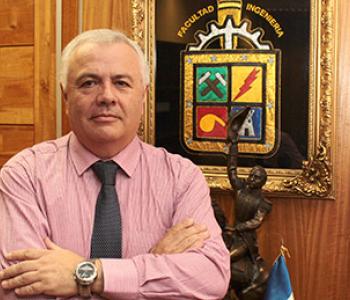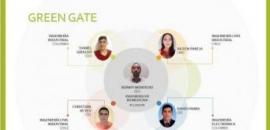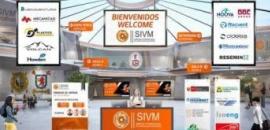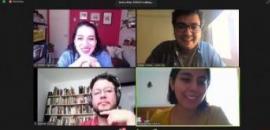You are here
Dean of the Faculty of Engineering is part of international seminar on new post-pandemic leadership

Monday, June 22, 2020
Within the context of covid-19, the statement “crises create leaders” becomes even more relevant, especially in higher education where leaders are making significant decisions to define the future of their institutions. This is the main aim of the webinar organized by the Global Engineering Deans Council (GEDC) where our dean was invited.
Engineering faculties play a key role in producing knowledge, innovation and entrepreneurship as a driving force for our developing economies. By virtue of the new leadership the pandemic is demanding, Latin-American engineering program leaders were invited to the World Forum of Engineering Deans in order to discuss about the different perspectives around the concept “leaders who adapt”. The Dean of the Faculty of Engineering, Juan Carlos Espinoza, was part of the panel that considered the new strengthens to address the challenges and paradigms, working models and the several recommendations to deal with the new post-codid-19 reality.
“This pandemic has strengthened our empathy. Leaders and students understand the situation of their peers who do not have access to technologies and information. The labor force is an asset that needs to be trained because it supports the transition from on-site modality to the online. The continuous training of working teams is a must for leaders, especially on new technologies,” says Espinoza, who shared his points of view together with Natacha de Guerrero, Dean of Engineering at the Technological Institute of Illinois, and Jhoniers Gerrero, Vice-president for Academic Affairs of the Universidad Tecnológica de Pereira. This event was officially host by Adriana Páez Pino, GEDC president. Five hundred leaders and third parties from 40 countries are part of this council.
New challenges for the Engineering, new leadership needed
“Decision-making to move forward. It is there where we can see the true qualities of the human being, defining the model and the way forward. This pandemic brings adaptation to change as the biggest challenge for academic leaders and managers since many of the working teams are not prepared,” stated Dr. Páez, adding that it has not been easy to provide the proper tools to deal with heavier academic load. Home office and leading working team on virtual mode are reconsidering leadership.
“Leaders must be able to visualize new situations to produce changes when the time comes; in this case, multidisciplinary vision becomes even more important. We have fostered multidisciplinary work and created an academic department with that focus. We need to pull together for strategic development and to create bonds university-enterprise with innovation,” stated the Dean who concluded by saying that new leaders must be aware and open for cultural changes in their institutions.
Written by Macarena Polanco
Translated by Javiera Díaz



